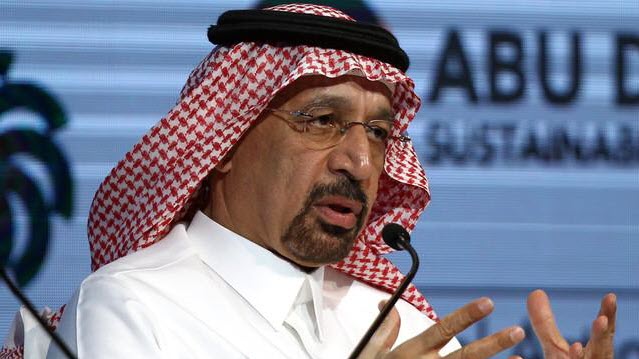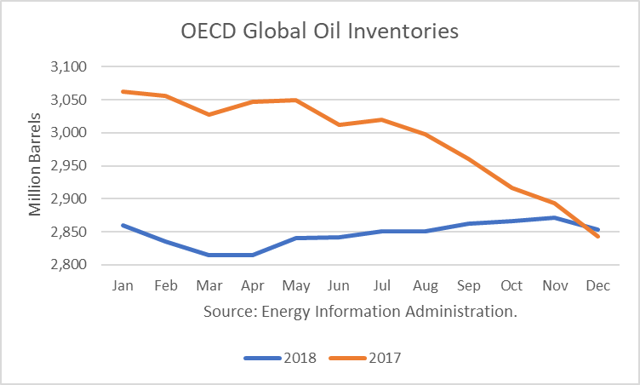OPEC+ members met over the weekend to discuss the oil market and the possible actions they may take at the next OPEC meetings scheduled for June 25th and 26th. OPEC’s press release reported:
Following its 14th Meeting, which took place on 19 May 2019, in Jeddah, the Kingdom of Saudi Arabia, the Joint Ministerial Monitoring Committee (JMMC) has reaffirmed its commitment to achieving a balanced market and working towards oil market stability on a sustainable basis with solid fundamentals.”
After the meeting, ministers spoke with reporters. According to reporting by CNBC:
Saudi Arabia’s influential oil minister, Khalid al-Falih, warned that global crude stockpiles are rising, threatening to swamp the world in oil and cause prices to collapse. Overall, the market is in a delicate situation. On the one hand, there is a lot of concern — and we acknowledge it — about disruptions and sanctions and supply interruptions. But on the other hand, we see inventories rising. We see plentiful supply around the world, which means we think, all in all, we should be in a comfortable situation in the weeks and months to come.” Continue reading "Iran Sanctions And OPEC's Deliberations Have Failed To Lift Oil Prices"



